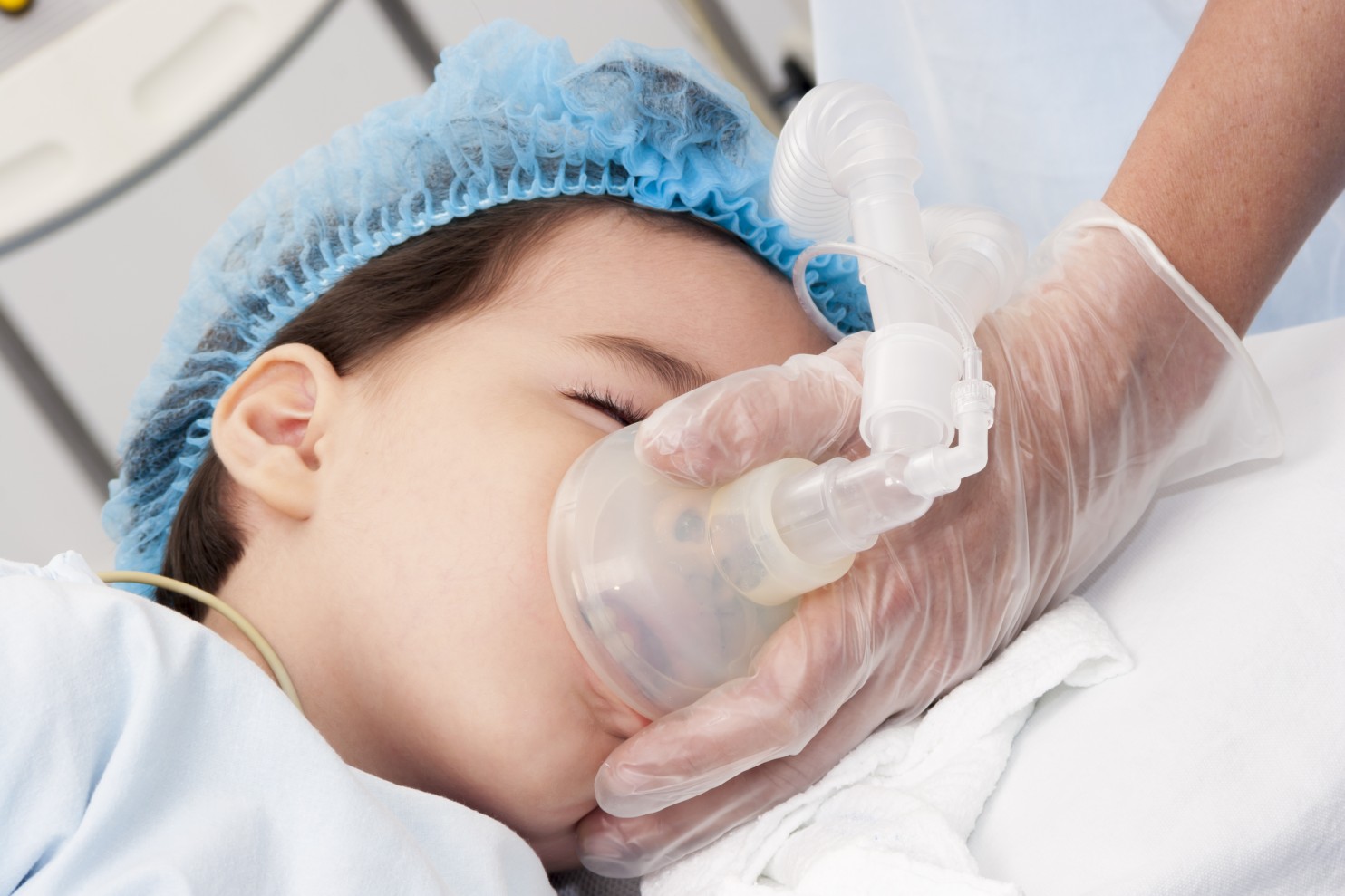There is often still concern about the later effects anesthesia may have on a person, especially anesthesia on toddlers. There have been numerous small studies done analyzing the effects, if any, that may appear later in a patient’s life. Results of a recent study in Sweden, the largest of its kind, suggest anesthesia on toddlers carries no long term risks. Patients who have anesthesia before age 4 show little risks later in life, especially for intelligence.
Overview of Anesthesia on Toddlers Study
The results of this study were based on research done on 200,000 Swedish teenagers. 33,500 of these teenagers had been exposed to anesthesia before the age of 4 and nearly 160,000 of the teenagers had never been exposed to anesthesia. The school grades of the teenagers at age 16 were on average less than a half a percent lower in teenagers who had undergone a childhood surgery than the teens who had not had surgery. Among teenagers that had two or more surgeries, grades were less than two percent lower.
IQ tests were also given to boys in the study who were 18 years of age. IQ scores were nearly the same among all tested. The leader of this study, Dr. Pia Glatz from Sweden’s Karolinska Institute, as well as other researches mentioned that other factors, a Mother’s education level for example, pose more of a risk on intelligence than administering anesthesia on toddlers. Among those studied, the most common surgeries the teenagers had received as children were hernia repairs, abdominal procedures, and ear, nose, or throat operations. These surgeries likely caused the children to be under anesthesia for about an hour or less.
Researchers involved in the study as well as other physicians find the results of this study reassuring, and believe parents need to consider the harm of postponing surgery more than future risks for intelligence and academics later in life. A journal editorial says the study is “reassuring for children, parents and caregivers and puts the issue of anesthetic-related neurotoxicity and the developing brain into perspective.” While this study is still ongoing, it can put parents and caregivers at ease knowing that this study shows anesthesia on toddlers carries no long term risks. If you or someone you know wants to learn more about anesthesia before a procedure, take a look at our surgery patient FAQ page.

